Malinche’s Refusal: New visions for a decolonized Latinidad
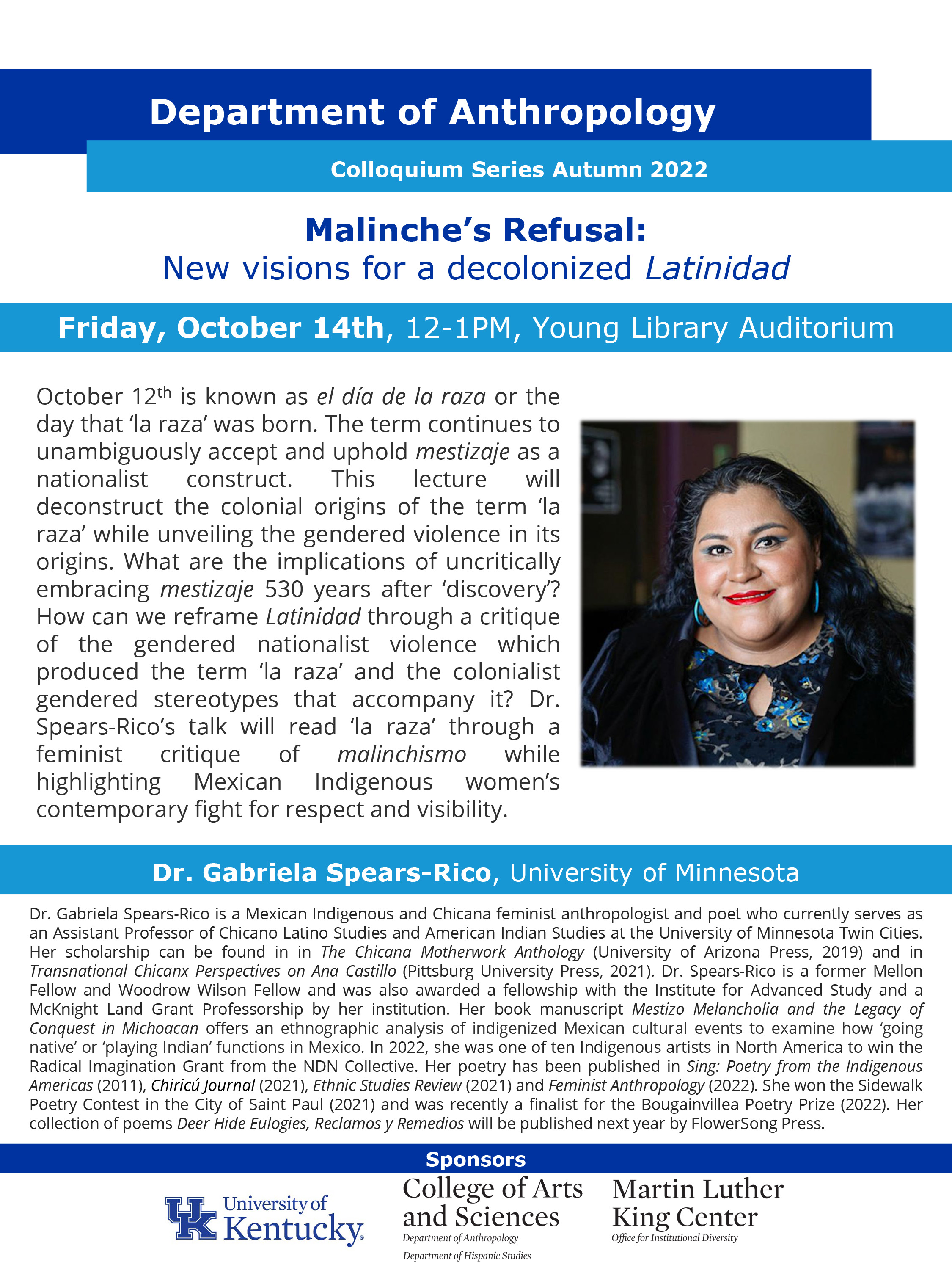
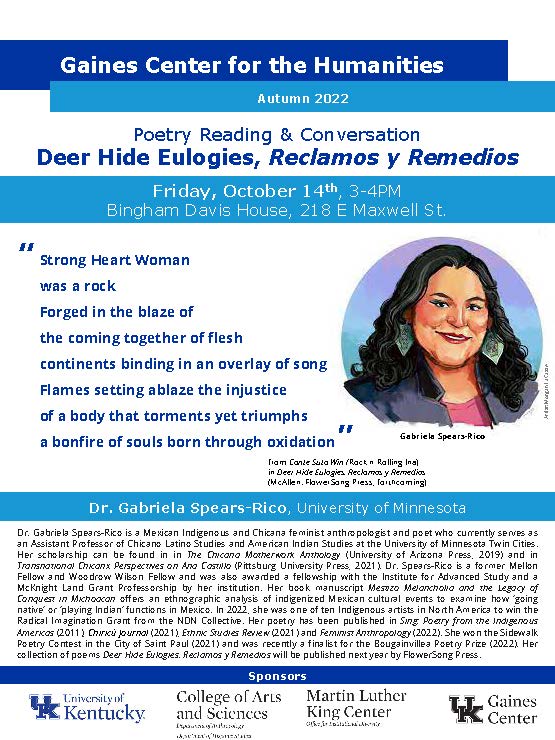


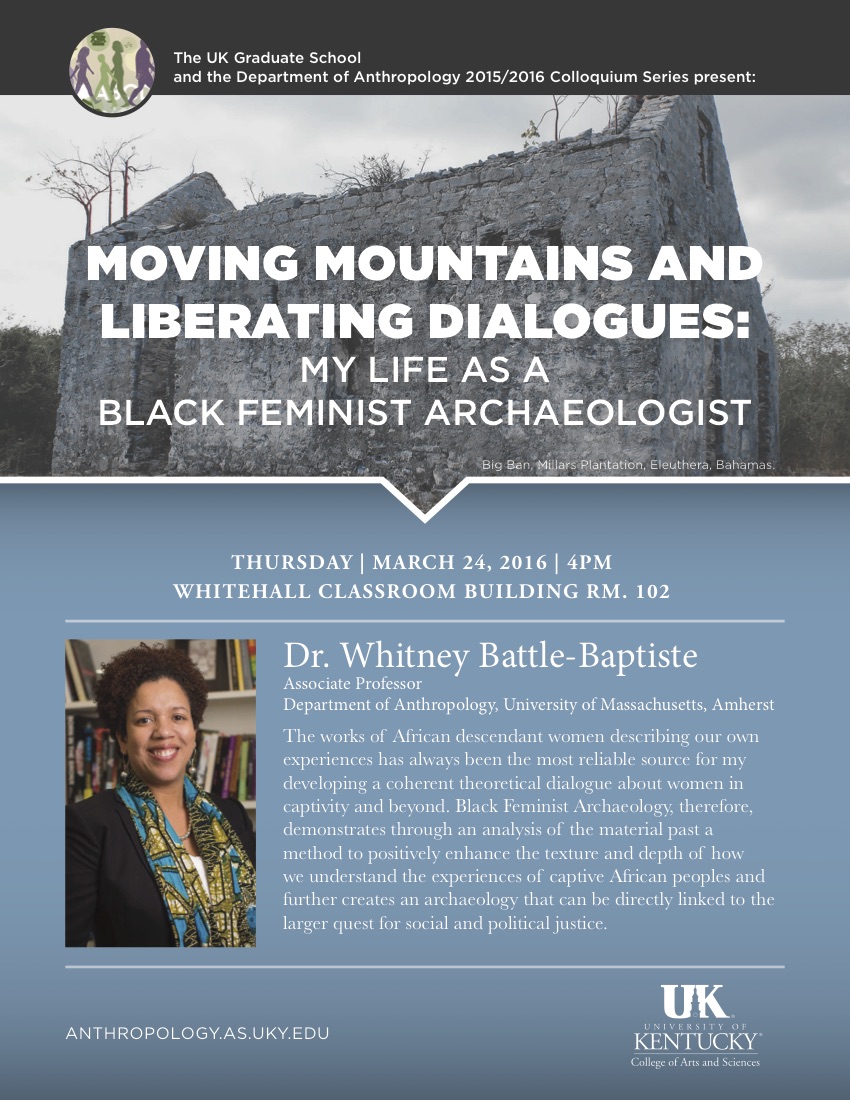
Comparing ethnographic and agricultural data collected from two neighboring Biangai villages (Morobe Province, Papua New Guinea), one engaged in a small-scale conservation effort and the other stakeholders in a large industrial gold mine, this paper analyzes the linkages between alternative development regimes, agricultural transformation and human-environmental relations. Working the land is not simply about production, but also about knowing the landscape and its products as nodes in human social relations. Mining regimes disentangle the multi-species networks experienced in the garden, and reassemble them into other spaces. Thus, in the mining inspired transformations of agricultural practices, Biangai are also transforming how they experience their own multi-species community – its past, present and future.
Dr. Jamon Halvaksz is Associate Professor of Anthropology at University of Texas San Antonio, and a 1994 graduate of our very own department. http://colfa.utsa.edu/ant/people/full-time-faculty/bios/jamon-a-halvaksz-ii/.
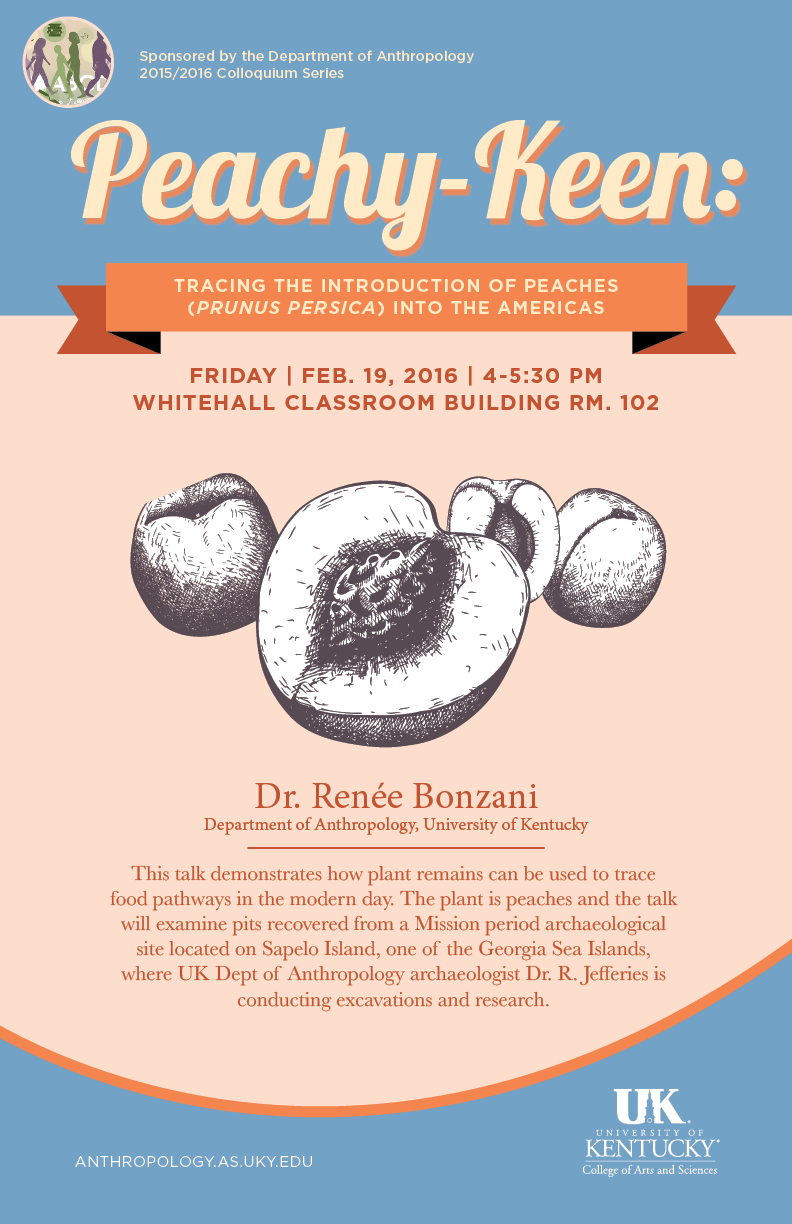
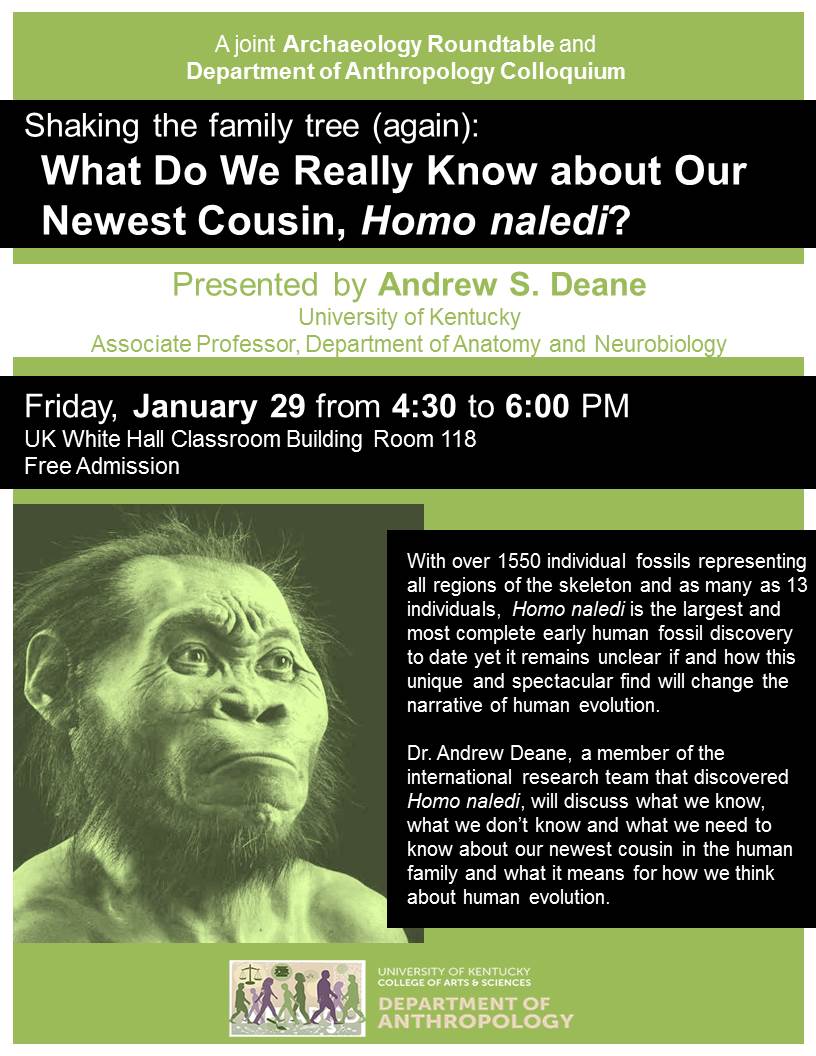

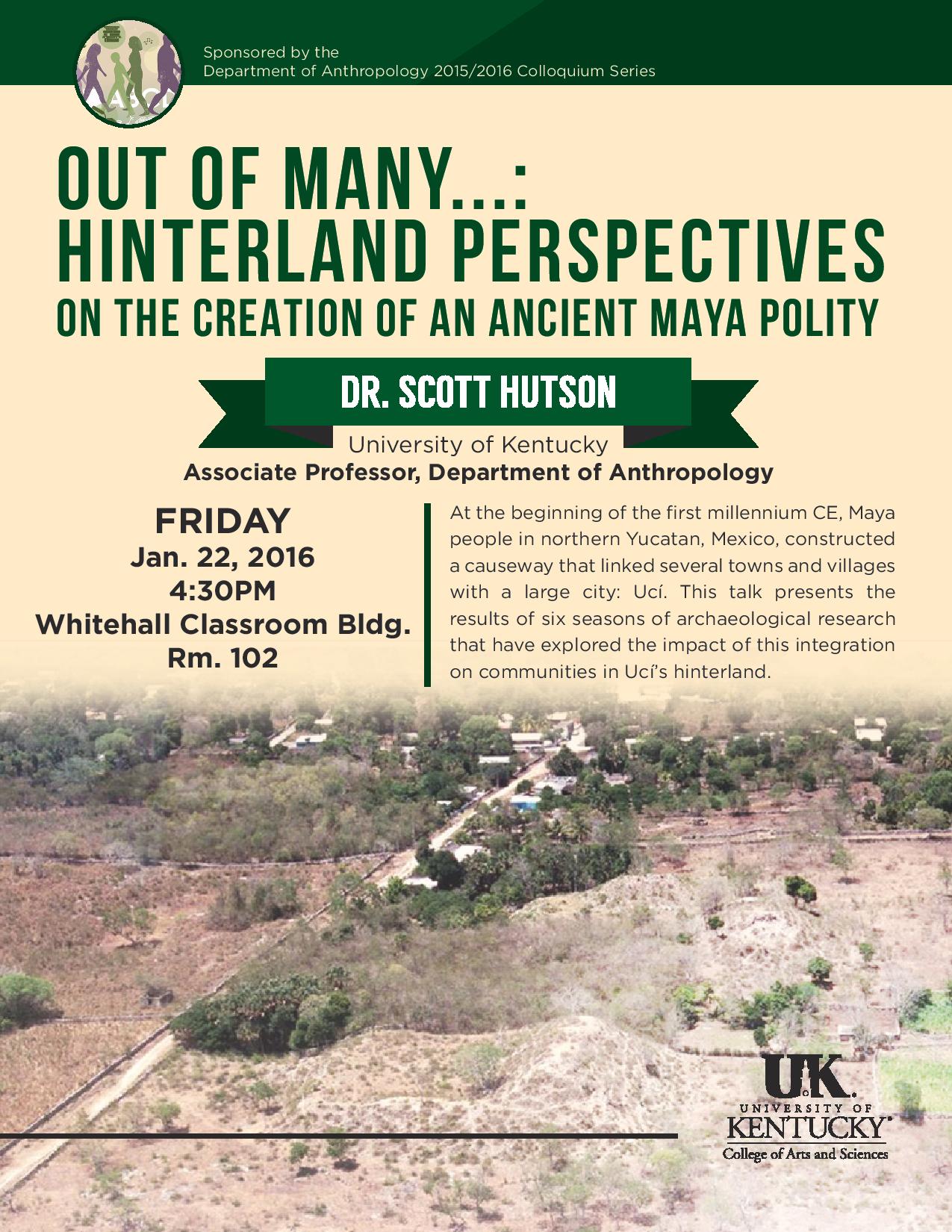
Women farmers are less likely to own land and have limited access to credit, extension services, producer organizations and market information. In this talk, Sarah Lyon explores current innovations in the speciality, high-quality, coffee market aimed at supporting women farmers, including new financial products and training programs, micro-batching of women's coffee, identifying and supporting "hidden influences" and developing gender "scorecards." She will discuss the impact of some of these innovations in Oaxaca, Mexico, where 42 % of registered organic coffee farmers are now women.
